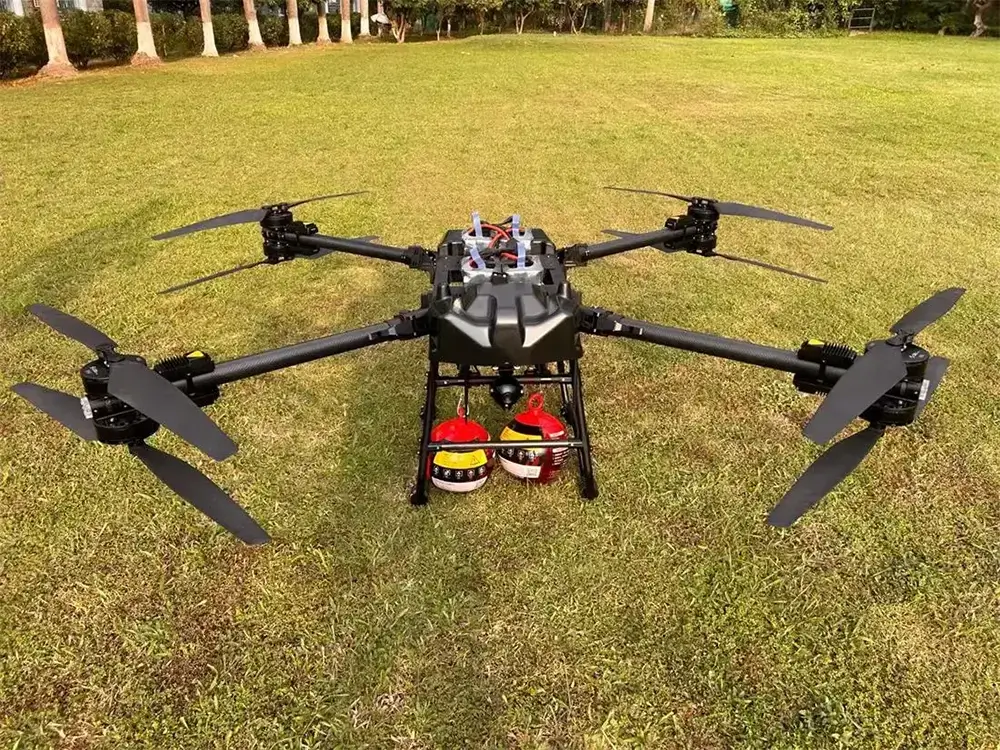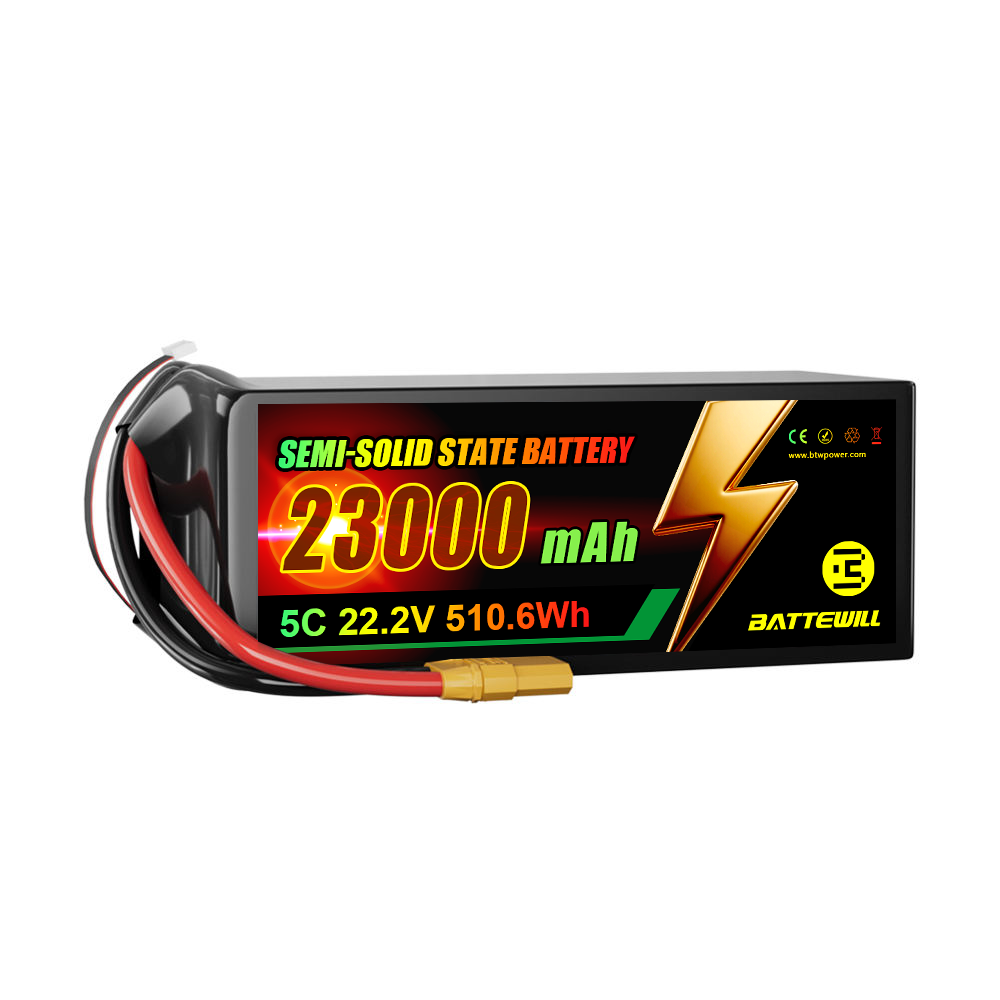The global FPV (First-Person View) drone industry is entering a new stage of rapid growth, driven not only by advancements in flight control and camera systems but also by breakthroughs in battery technology. As drone pilots and racing enthusiasts push the limits of performance, FPV drone batteries have become a decisive factor in speed, endurance, and flight stability.

In FPV drone racing and freestyle flying, every gram and every volt matters. High-performance lithium polymer (LiPo) and emerging lithium-ion (Li-ion) batteries are now the backbone of competitive drones, providing the power density and discharge rates required for extreme maneuvers. Manufacturers are competing to develop lighter, safer, and more durable battery packs capable of delivering peak performance under intense current loads.

“Battery innovation is at the heart of FPV drone progress,” said Kevin Huang, an engineer at Shenzhen Battewill Technologies. “Pilots demand instant power response, high discharge rates, and consistent voltage stability — even in aggressive flight patterns. The right battery can determine whether a drone wins a race or drops midair.”
Recent advancements include graphene-enhanced LiPo batteries, which improve thermal management and increase cycle life, and intelligent battery monitoring systems that track real-time voltage, temperature, and capacity via smartphone apps. These technologies help both hobbyists and professionals ensure safe charging and maximize performance during high-speed flights.
Meanwhile, sustainability and safety are becoming new focus areas. Battery recycling programs and safer cell chemistry innovations aim to reduce the environmental footprint of the fast-growing FPV community.
Analysts predict that the FPV drone batteries market will expand rapidly over the next three years, supported by the booming drone racing ecosystem, cinematic aerial filming, and industrial inspection applications. With power systems evolving as fast as drone technology itself, the next generation of FPV batteries promises longer flight times, greater safety, and unmatched performance.
As the competition heats up — both in the air and in the lab — it’s clear that the future of FPV drone racing will be powered by smarter, stronger, and faster batteries.

